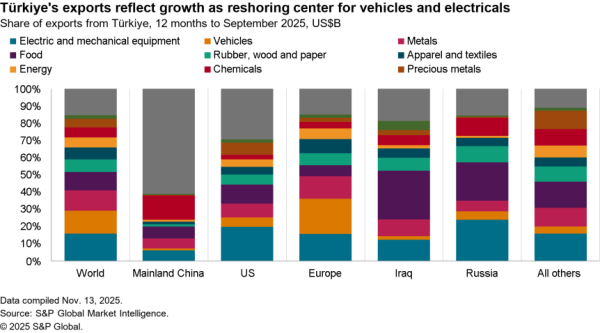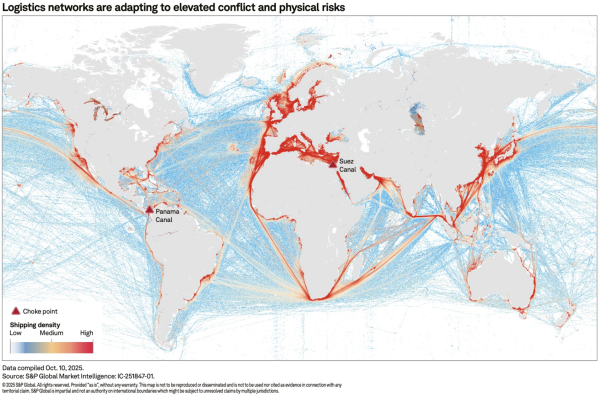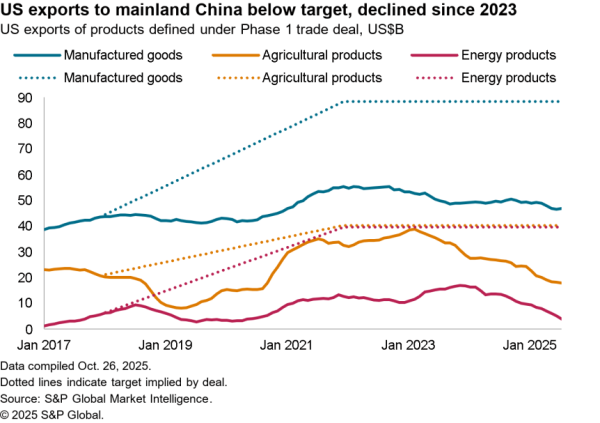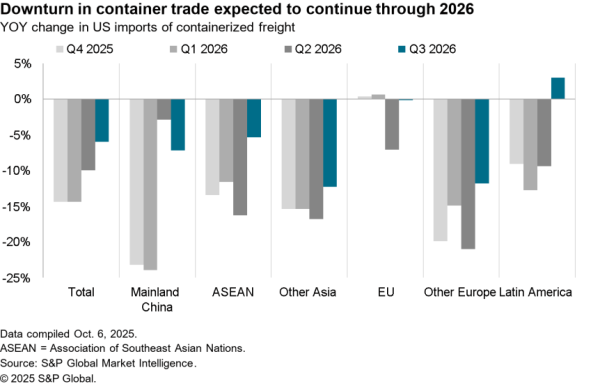Freight forwarder Ceva Logistics, controlled by container-line CMA-CGM, has declared force majeure regarding its shipping contracts. The firm therefore considers it is “temporarily relieved of its normal contractual obligations” and “reserves the right to modify all or part of its services”. The move raises the risk that planned deliveries across Ceva’s network could be disrupted at short notice, potentially causing doubts over supply chain connectivity.
As flagged in Panjiva’s March 6 report the main focus of the logistics industry so far has been on a recovery in port activity in China. Yet, with the cancellation of further container shipping sailings by Orient Overseas there’s signs of a “bullwhip effect” where an expected drop in demand in markets outside of China will disrupt logistics.
The move may also have an impact on Ceva’s long-term market positioning. So far among Ceva’s competitors only DHL Global Forwarding has done the same, the Wall Street Journal reports.
Ceva had already been experiencing a downturn in some areas of its business. Panjiva’s data for U.S. seaborne imports shows that total shipments handled by the firm fell by 9.7% year over year in Q4 and by a further 14.6% in the first two months of 2020.
The latter included a 26.3% drop in shipments from China – largely due to a slump in February linked to the COVID-19 outbreak – as well as a 58.0% drop in shipments from the rest of Asia. A near tripling of imports from the rest of the world – including Europe and Brazil – couldn’t make up the difference.

Source: Panjiva
There may also be a knock on effect for container-lines with whom Ceva may have signed up capacity. Ceva directed 20.9% of its U.S. seaborne imports in 2019 to CMA-CGM. That was followed by 14.8% allocated to Ocean Network Express and 11.8% to Maersk and MSC combined.
Ceva does not appear to have allocated volumes preferentially to CMA-CGM. Indeed, it cut its volumes carried on CMA-CGM vessels by 17.5% year over year in the first two months to 2020. Volumes handled by ONE declined by a more modest 1.2% while Maersk/MSC saw a decline of 31.4%.
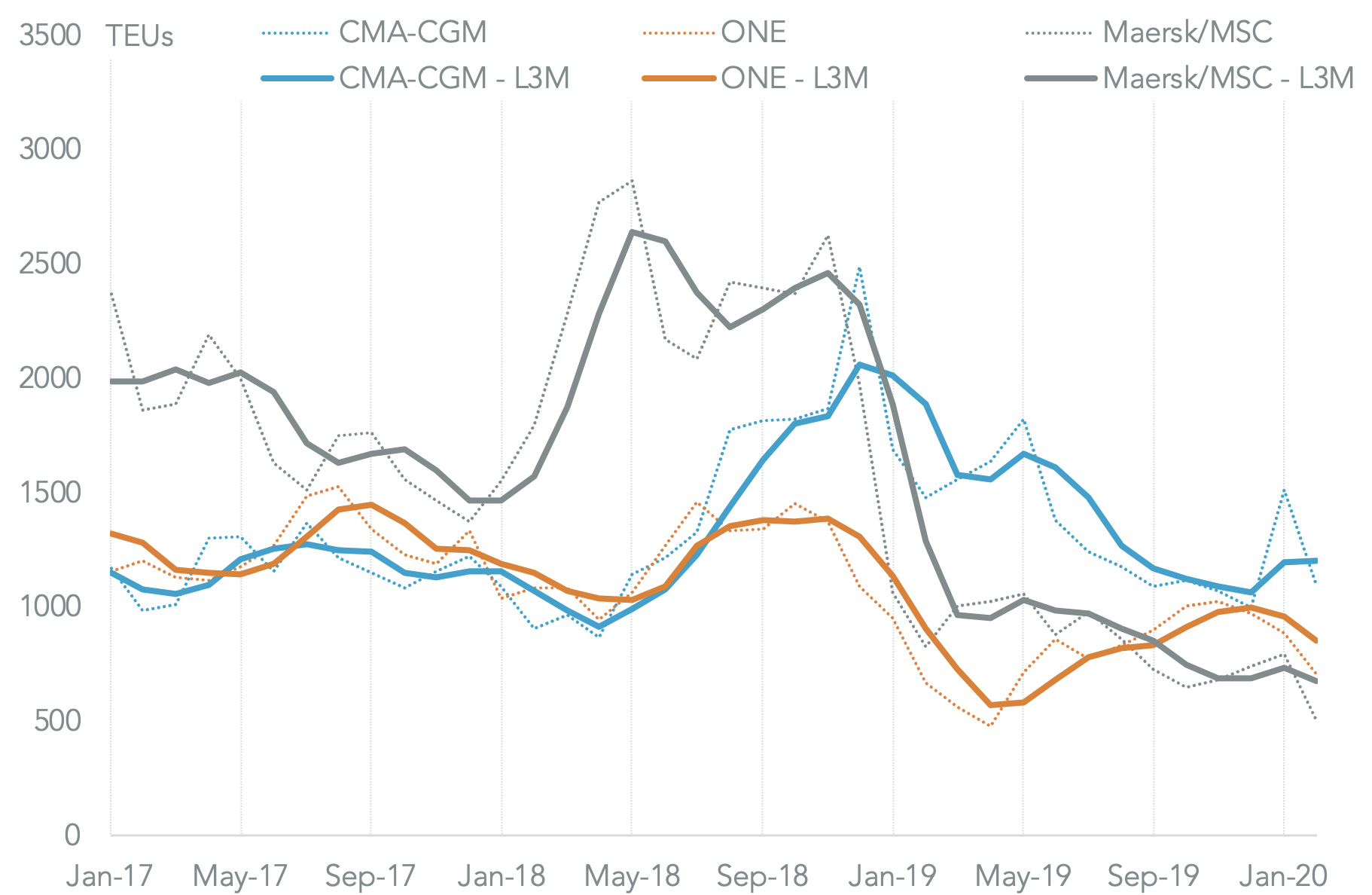
Source: Panjiva
